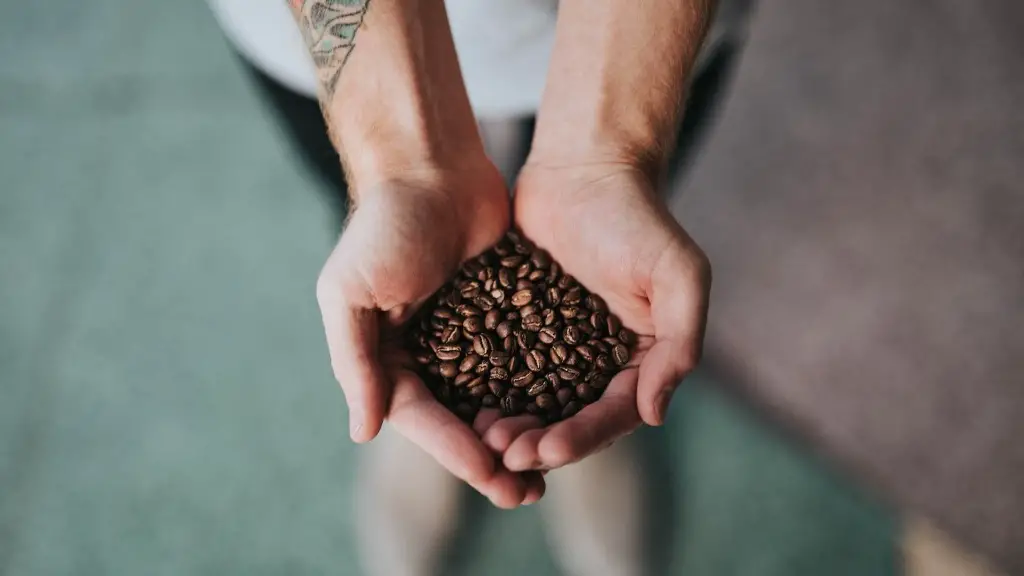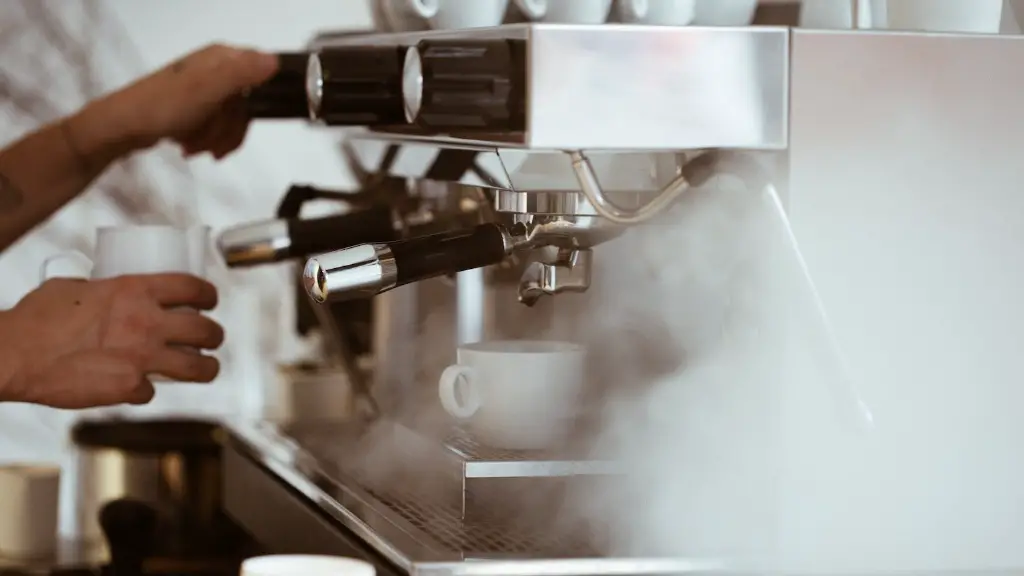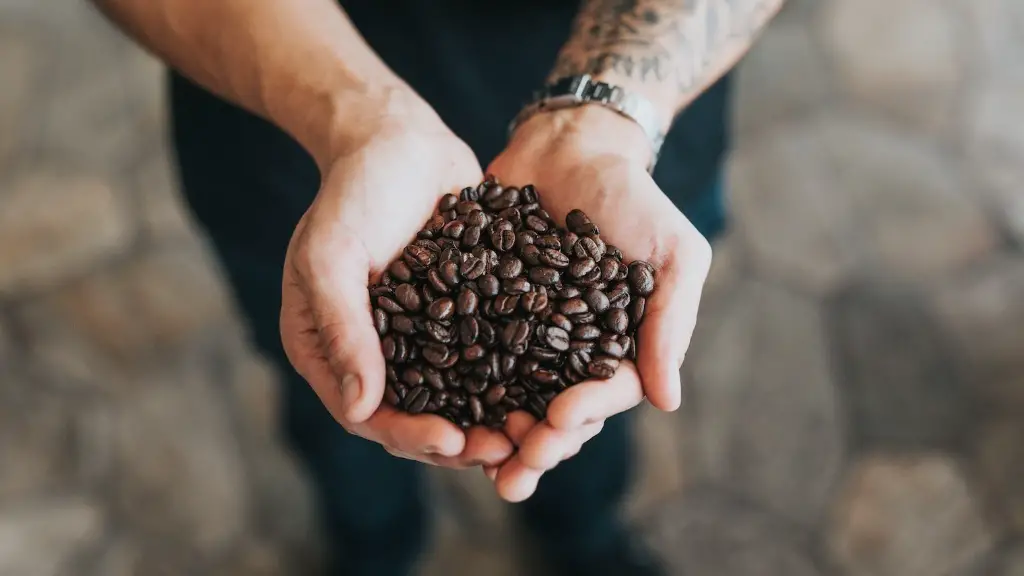Can You Drink Coffee Before Fasting for Blood Work?
Having your blood taken for medical purposes is a common part of life. Frequently, it includes fasting for several hours before the procedure. But what about drinking coffee or caffeine before fasting for blood work? Can it be done?
According to Johns Hopkins Medicine, it is generally safe to have a moderate amount of caffeine before a fasting blood test, such as one cup of coffee. Caffeine is a stimulant that speeds up the functions of the digestive and nervous systems, and it can affect blood sugar levels.
However, the effects of caffeine can last up to four hours in the body. So, it’s important to consider the timing of your coffee or caffeine intake before fasting. If you drink coffee within those four hours, it could result in inaccurate Blood test results due to the stimulatory effects of the caffeine.
Experts recommend avoiding caffeine within four to six hours before the blood test to prevent any interference with the results. It is also important to remember that caffeine is not only found in coffee; it can also be present in tea, soda, and energy drinks.
It’s also important to ask your doctor if there are any other dietary requirements before the procedure. For example, some tests might require that you abstain from food and drinks, including water, for up to 12 hours before the test. It is always best to follow your doctor’s instructions for accuracy.
Hydration
Maintaining adequate hydration is essential when fasting for a blood test. According to the Indian Journal of Clinical Biochemistry, hydration helps promote better vascular perfusion, reduce the time it takes for venous filling, and improve the accuracy of lab results.
That being said, it is important to limit your caffeine intake while you are fasting, as it acts as a diuretic, meaning it causes you to lose more fluids, which can lead to dehydration. It is also recommended that you drink plenty of water before the test, as this helps the laboratory draw your blood more easily.
If you choose to drink caffeinated beverages prior to a blood test, it is best to opt for decaffeinated options or have them with extra amounts of water.
Effects on Blood Sugar
Caffeine can also potentially affect blood sugar levels, depending on how much is consumed and how often. The amount of caffeine found in one cup of coffee can, in fact, raise blood sugar levels.
If you are diabetic, talk to your doctor about your coffee intake and whether or not it is safe to drink it prior to fasting for a blood test. To play it safe, the American Diabetes Association suggests limiting your coffee intake to two cups per day and monitoring your blood sugar levels closely.
Alternatives
There are many alternatives to coffee or caffeinated beverages that you can have before a blood test to maintain your energy levels. For example, you can opt for a cup of herbal tea, such as chamomile, peppermint, or ginger. You can also have a piece of fruit or a smoothie.
If you have a sweet tooth, you can opt for a piece of dark chocolate or low-sugar, low-carbohydrate snacks with healthy fats. This can help to keep your energy levels up and keep your sugar levels in check.
Side Effects of Caffeine
While it’s generally safe to drink coffee before fasting for a blood test, too much of it can lead to side effects, such as headaches, nausea, jittery feelings, or trouble sleeping. It is important to keep in mind that different people react differently to caffeine, so it is best to listen to your body and know your own limits.
If you experience any of these side effects, it is best to decrease your caffeine intake or opt for caffeine-free alternatives. Lastly, always consult your doctor for medical advice about drinking coffee prior to a blood test.
Caffeine Sensitivity
It is important to note that some people may have a lower tolerance for caffeine than others, as some people are more sensitive to its effects. Those with certain medical conditions or certain medications, such as those for high blood pressure or cholesterol, may need to avoid caffeine entirely or limit their intake to very small amounts.
It is best to talk to your doctor about your individual situation and to be aware of the potential side effects of caffeine before drinking coffee before fasting for a blood test.
Preparation
Prior to a blood test, it is important to ensure that you are adequately prepared. The key is to get enough sleep the night before and to avoid consuming anything that may interfere with the accuracy of the results. It is also important to discuss any dietary restrictions with your doctor and ensure you are familiar with the procedure.
When it comes to drinking coffee prior to fasting for a blood test, it is safe to have a moderate amount of caffeine, as long as it is at least four to six hours before the procedure. Be sure to avoid any sugary foods or drinks prior to the test, as well as any excessively caffeinated or alcoholic beverages, as these can all potentially affect the accuracy of the results.




